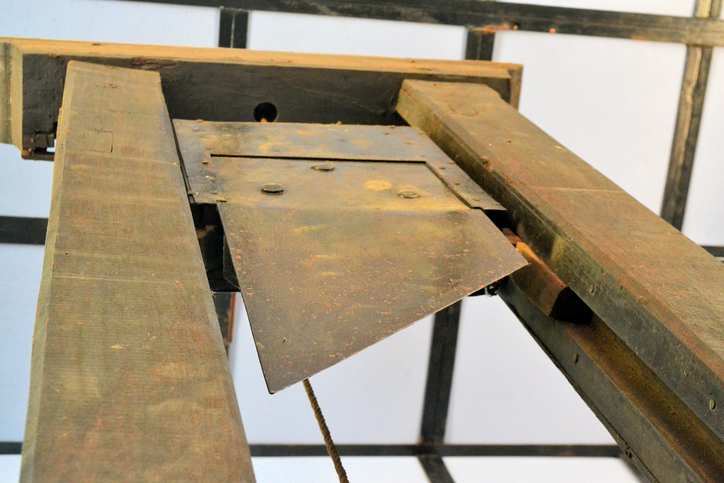
Restrictions on religion increased around the world in 2016, according to the Pew Research Center. Their latest study on the subject show that overall restrictions on religion have increased for the second year in a row. The restrictions that were measured were the result either of government actions or the actions of individuals or societal groups. Key findings included that more than a quarter (28%) of countries had “high” or “very high” levels of government restrictions on religion in 2016, an increase from 25% the year before. The share of countries with “high” or “very high” levels of social hostilities involving religion remained the same at 27%. A growing share of the incidents of government restrictions or social hostilities in 2016 involved political parties or social groups espousing nationalist positions. Overall, the number of countries where various religious groups were harassed either by governments or social groups increased in 2016.
Among the most populous countries in the world, Egypt, Russia, India, Indonesia and Turkey had the highest overall levels of religious restrictions, while China had the highest levels of government restrictions and India the highest levels of social hostilities involving religion.

The issue of assisted suicide is of such import that it should be discussed by the Citizens’ Assembly, according to the joint committee on Justice and Equality. The committee itself had examined the issue in detail but failed to reach a “clear consensus” on whether a new law is needed. It has now recommended referring the issue to a citizens’ assembly before another specially convened Oireachtas committee gives it further consideration. “Given the gravity of the debate, it warrants as rigorous an examination as possible,” the cross-party group concluded.
In 2013, the Supreme Court ruled a man had no right to help his partner to commit suicide but the Chief Justice, Susan Denham, said that nothing in the constitution prevented the Oireachtas from legislating on the matter directly. Assisting a suicide is currently a criminal offence, punishable by a prison sentence of up to 14 years.

Fathers are being cut off from their children because the courts have “fallen short”, the incoming head of the UK family court division has said. Speaking to the ‘Families Need Fathers’ conference, Sir Andrew McFarlane acknowledged that some men felt let down by the court system.
“You are in this room because something has gone wrong for each of you as individuals, in terms of relationships within your family and, further, that attempts that you have made to seek help and achieve redress for those difficulties in the Family Courts have fallen short, no doubt well short, of what you had hoped to achieve,” he said.
The charity, which was established in the 1970s to campaign for equal rights for both parents, helps fathers who want to stay in touch with their children after a split.
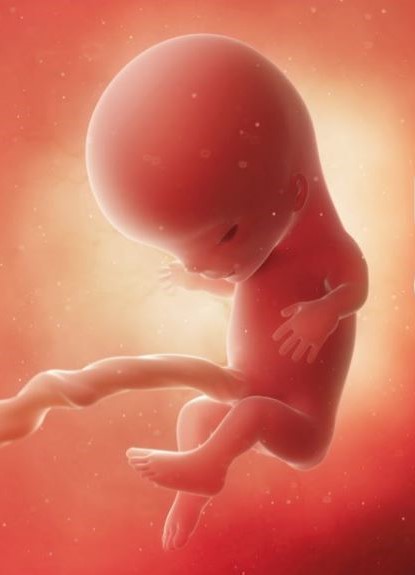
A Vatican Archbishop has condemned the recent referendum which has paved the way for the introduction of a radical abortion regime. Archbishop Vincenzo Paglia who was handpicked by Pope Francis to lead the Pontifical Academy for Life was speaking to reporters in Rome, when he was asked for his reaction to the Irish abortion referendum result. He told the Sunday Independent, “The Church cannot be a party to the dirty work of others [abortion] and I don’t think that it is right that the law [in Ireland] now enables Pontius Pilate to wash his hands of the affair… I will never accept to be complicit in the cold-blooded aiding of the dirty work of death,” he replied, adding: “I was adamant that the whole [Catholic] world should go to Dublin to express their support and solidarity…”
The phrase ‘dirty work of death’ had earlier been used by Pope himself who said that when children are surrendered to deprivation, the poor to hunger, the persecuted to war, the elderly to abandonment, “we are not doing our own work but rather the dirty work of death.”
“And where does the ‘dirty work’ of death come from? It comes from sin,” the Pope said.
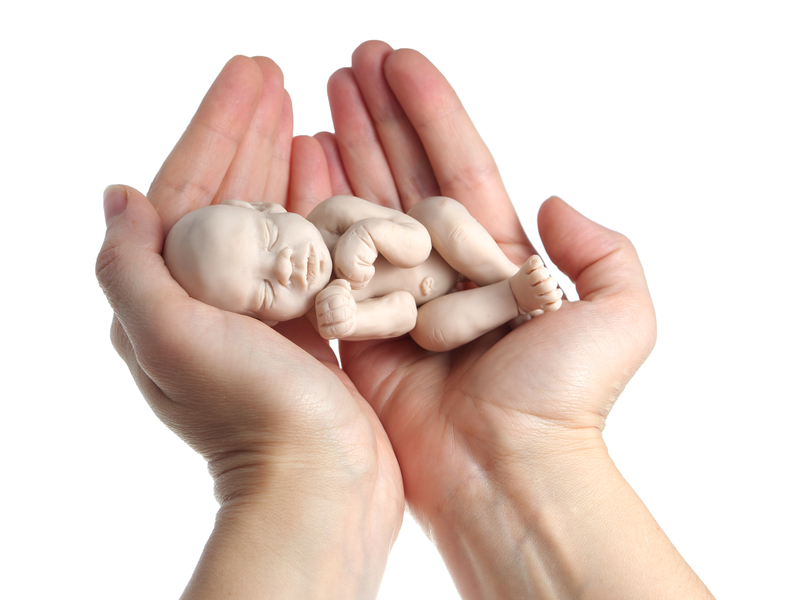
Pressure is already being applied to make the radical abortion legislation promised by the Government even more extreme. Solidarity TD Ruth Coppinger has called on the Government to explicitly allow for abortion of the disabled beyond the 12 week timeframe and to remove the three-day waiting period before a woman will receive a requested abortion.
Ms Coppinger has sent a lengthy submission to Minister for Health Simon Harris, who is preparing a Bill to regulate the termination of pregnancy. Her submission, which was written by Dr Abigail Aiken of the University of Texas, includes a call for legislation to enforce a “buffer zone” excluding protestors from getting access to women seeking abortion services.
Ms Coppinger also asked Minister Simon Harris in the Dáil on Wednesday that the legislation be “trans-inlcusive”, meaning that abortion should not be restricted just to women, but should be available to all “pregnant persons”. This is because the State now recognises some biological females as men.
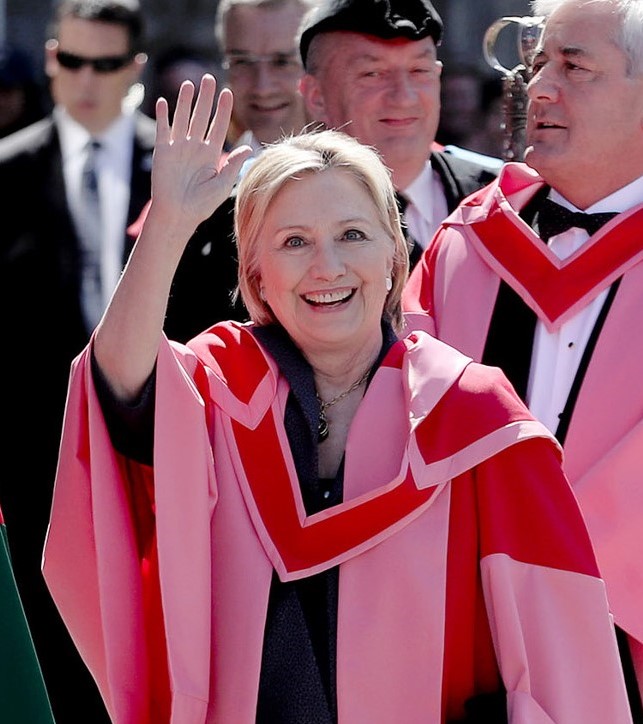
Hillary Clinton has lavished rich praise upon Ireland’s youth for campaigning tirelessly to repeal the 8th amendment. She made the remarks as she herself was lauded by Trinity College Dublin who granted her an honorary doctorate of laws.
During her 30-minute address, Mrs Clinton said the Irish abortion referendum was “an inspiring sight”.
“People flew home to vote from all over the world. The airports were mini rallies, with cheering and colourful banners greeting travellers as they arrived from as far away from Japan, Australia, and of course America,” she said.
“And on the day of the vote, one of the strictest anti-abortion laws in the world was overturned, with nearly 87 percent of 18-25 year-olds voting ‘yes’. It was an example of grassroots activism fuelled by young people, and a triumph of the democratic process.”
Ms Clinton is in favour of abortion being legal right up until the ninth month of pregnancy.

More than 450 patients died after being given powerful painkillers inappropriately at a UK hospital, a report has found. A further 200 patients may have suffered a similar fate. An independent inquiry found there was an “institutionalised regime” of prescribing and administering dangerous amounts of morphine to elderly patients without clinical justification.
The practice was overseen by Dr Jane Barton and assisted by some of the nurses working at the hospital.
Established to address concerns about the deaths of the patients, the inquiry’s work included looking at 833 death certificates signed by Dr Barton who oversaw the practice of over-prescribing morphine on the wards in question. So far, the only person to face disciplinary action has been Dr Barton, who was found guilty of failings in her care of patients in her care at Gosport Hospital between 1996 and 1999. But no prosecutions were brought and she was not struck off the medical register, choosing to retire after the findings.
Bridget Reeves – whose grandmother Elsie Divine, 88, died at the hospital in 1999 – said: “These horrifying, shameful, unforgivable actions need to be disclosed in a criminal court for a jury to decide and only then can we put our loved ones to rest.”

Parents in four areas around the country that are due to build new schools have started voting today on the kind of ethos they would like their local school to have. The Department of Education has launched a new “one-stop shop” website where parents can directly compare different patron bodies, whether religious-run or secular, and then register a preference.
The four schools, which will open in 2019, will serve communities in Dublin, Galway, Drogheda and Wicklow. A number of patrons have expressed an interest in running each of the schools and have supplied a range of information, such as about ethos, for the website. Parents will be able to choose a religious-run school or a multi-denominational or non-denominational patron, and an English or Irish-medium instruction.
Another voting process involving schools to be built in other areas will open later in the summer. The initiative is part of a process to decrease the number of denominational schools around the country.

Health Minister Simon Harris promised another plan on women’s health yesterday, including the provision of abortion services, but did not say how the crisis in gynaecology outpatient waiting lists, which are putting patients at risk, will be tackled.
According to the Irish Independent, doctors have been warned women seeking a routine appointment to see a gynaecologist in the Coombe Hospital, Dublin, will have to wait a year or more. In the country as a whole, there is an ongoing crisis in gynaecology outpatient waiting lists, with 27,913 women facing delays across the country.
Minister Harris said he intended to “develop services in hospital settings in line with the maternity strategy” to support upcoming legislation to implement his preferred radical abortion regime. He promised there would be “equitable access regardless of ability to pay or geographic location”. Mr Harris also said conscientious objection would be facilitated but “it cannot be contemplated that there would not be appropriate referral in these circumstances and we will ensure that there will be”. However, talks have yet to take place with GPs who will deliver medical abortions.
Mr Harris reiterated his plan to erect exclusion zones around maternity hospitals to stop potential pro-life protesters coming too near the entrances.
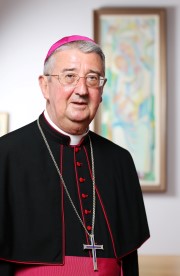
The Archbishop of Dublin, Diarmuid Martin, has responded to remarks by Taoiseach Leo Varadkar, that Catholic hospitals must perform abortions. A spokesperson for the Archbishop told the Irish Catholic newspaper: “There is nothing new in Taoiseach’s statement. It is the law in Ireland since 2013. The Archbishop is unaware of any conflict situation in that time. Hospitals can only carry out procedures for which they are commissioned and have specific capacity.”
By contrast, Waterford’s and Lismore’s bishop, Alphonsus Cullinan, said Catholic institutions “should resist, at all costs, being forced to act against deeply held beliefs.”
Meanwhile pro-choice advocate, Dr Peter Boylan, said that publicly funded, Catholic hospitals will have to provide abortion services. He said such hospitals cannot “deny a legal form of treatment to half the population, i.e., women”, by refusing to perform abortions “when medically indicated and legal”. He was responding to a letter from moral theologian, Fr Vincent Twomey, who said that, contrary to the claims of the Taoiseach, the new article that replaced the 8th amendment does not empower legislators to mandate hospitals to provide abortion “services”, least of all Catholic hospitals.